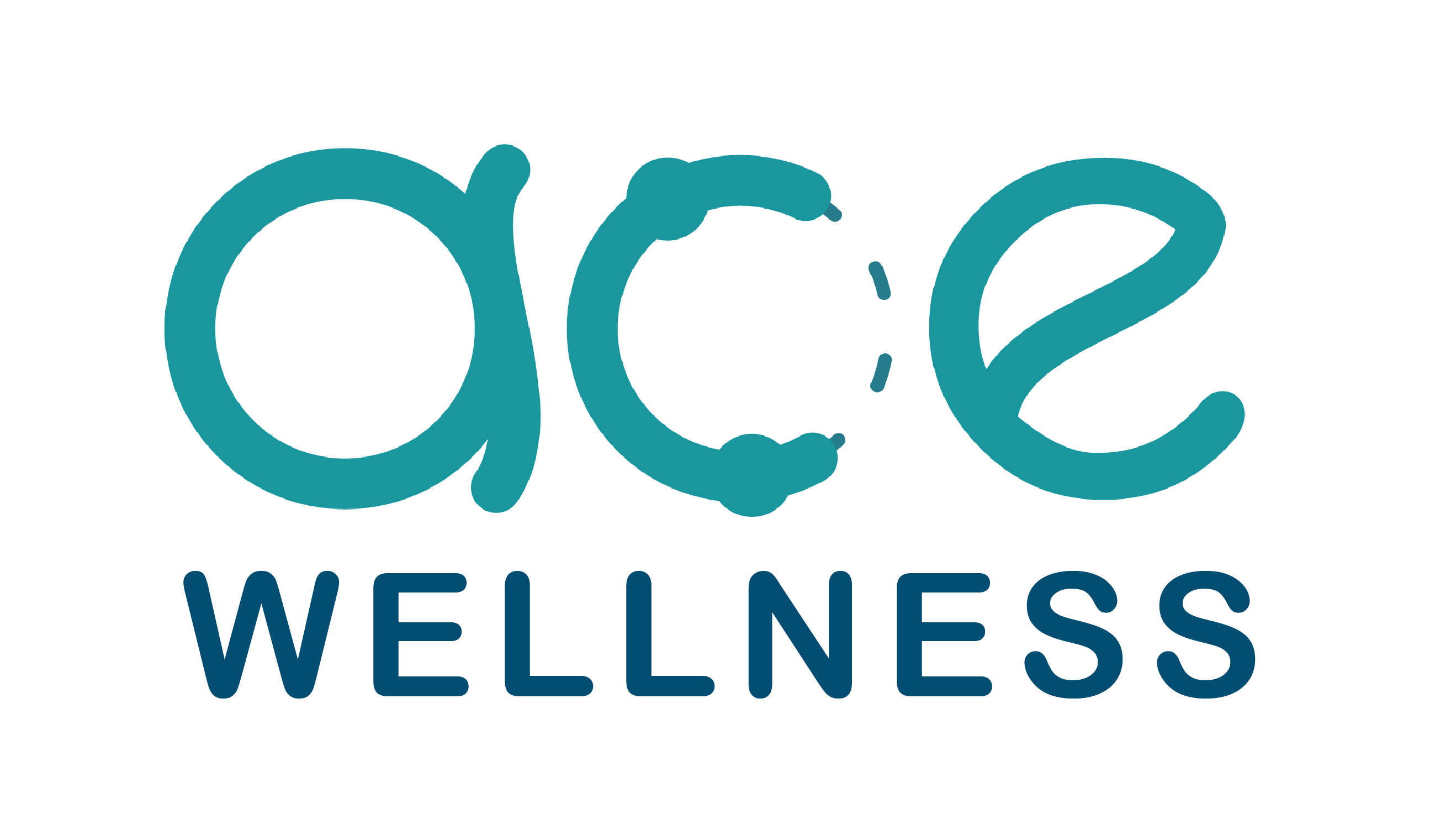In our predominantly industrialized world, healthcare is clearly dominated by westernized allopathic medication. Rest all other systems are considered to be complimentary to the renowned one.
Commonly referred as the ‘Traditional Medical Practices’ it incorporates Ayurveda, Panchkarma, Naturopathy, Detoxification Therapy, Pranic Healing, Traditional Yoga and Homeopathy among others, possessing a rich history which goes back to thousands of years. The immense knowledge derived from these indigenous practices has the potential to enhance the present system. An amalgamation of ancient wisdom and modern science can surely strengthen our collective health like never before.
The WHO Global Centre for Traditional Medicine (GCTM) is a knowledge centre for traditional medicine. As part of WHO’s overall traditional medicine strategy, it has a strategic focus on evidence and learning, data and analytics, sustainability and equity, and innovation and technology to optimize the contribution of traditional medicine to global health and sustainable development.
India has committed an estimated US$ 250 million to support the establishment, infrastructure and operations of WHO Global Centre for Traditional Medicine. This includes 35 acres of land in Jamnagar, Gujarat, India, for a new building and premises in 2024, an interim office, and support for the GCTM operational costs with a 10-year commitment.
The WHO Global Centre for Traditional Medicine will be an accessible, eco-friendly and interactive facility showcasing global traditions and modern scientific advances in traditional medicine.
At Ace Wellness modern medical practices are served by studying traditional remedies which are developed over centuries in indigenous cultures. Thereafter the shared discoveries from both worlds are made readily accessible and affordable to people at large.
Modern scientists seek out traditional healers to lead broader medicinal applications of natural compounds. Plants and animals have been used for ingredients in medicines since ancient times and remain vital in modern medicines to the present day. Beyond its potential for revealing possible new bioactive ingredients, an in depth study of these previously unidentified mechanisms of action could further the forefront of modern medical science by providing the basis for the development of new pharmaceuticals.
As a matter of fact, around 80% of the world’s population is estimated to use traditional medicine, such as herbal medicines, acupuncture, yoga, indigenous therapies and others. The use of traditional medicine, and their priority request to WHO is for evidence and data to inform policies, standards and regulatory frameworks for safe, cost-effective and equitable use. Traditional medicine has been an integral resource for health for centuries in communities around the world, and it is still a mainstay for some with inequities in access to conventional medicine.
Over 40% of pharmaceutical formulations are based on natural products and landmark drugs, including aspirin and artemisinin, originated from traditional medicine. The contribution of traditional medicine to national health systems is not yet fully realized, as millions of accredited traditional medicine workers, facilities, expenditures and products are not fully accounted for.
Natural ingredients have evolved to be significant in other forms of alternative medical practices such as homeopathy, aromatherapy, naturopathy, and herbal medicine. Unfortunately, there is a continuing disappearance of natural resources that threatens the existence of such medicines and the cultures that carry them.
However, as diverse populations spread throughout the world, many opportunities and scenarios in which modern and traditional health systems cross will arise. It is important for practitioners from both sides to remain open minded and curious in their interactions for the mutual benefit of healthcare at the global level.
